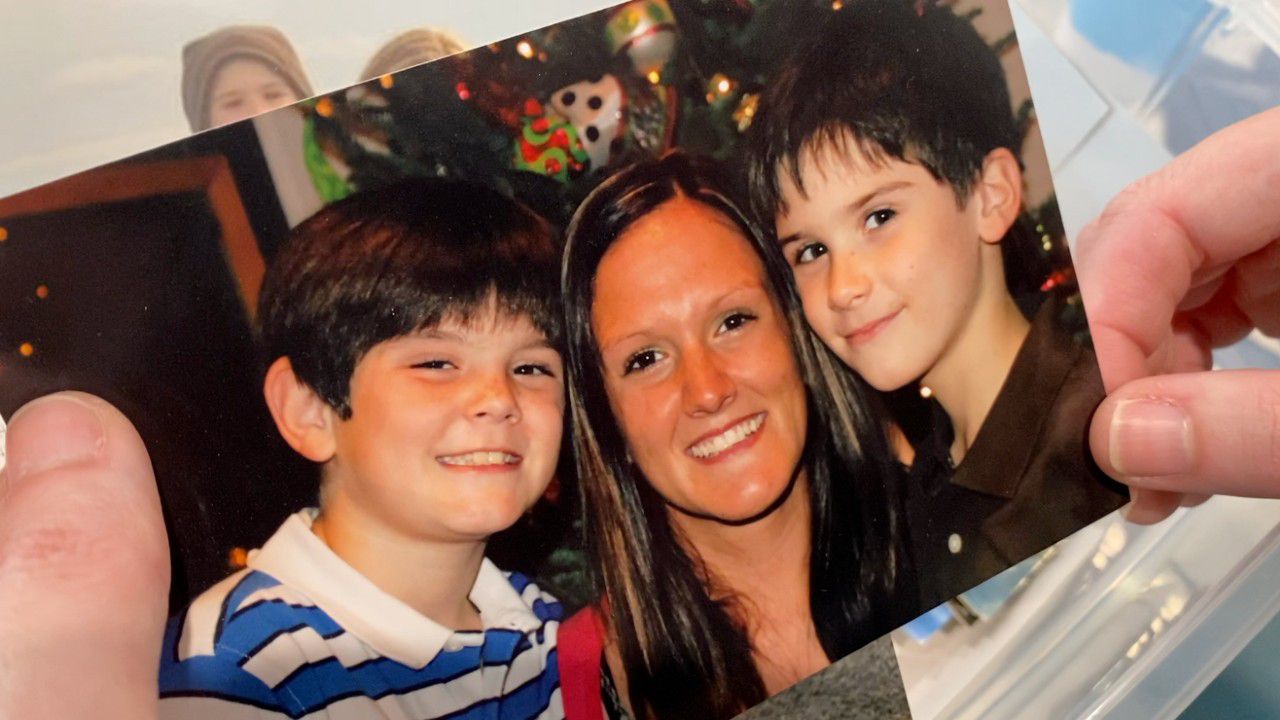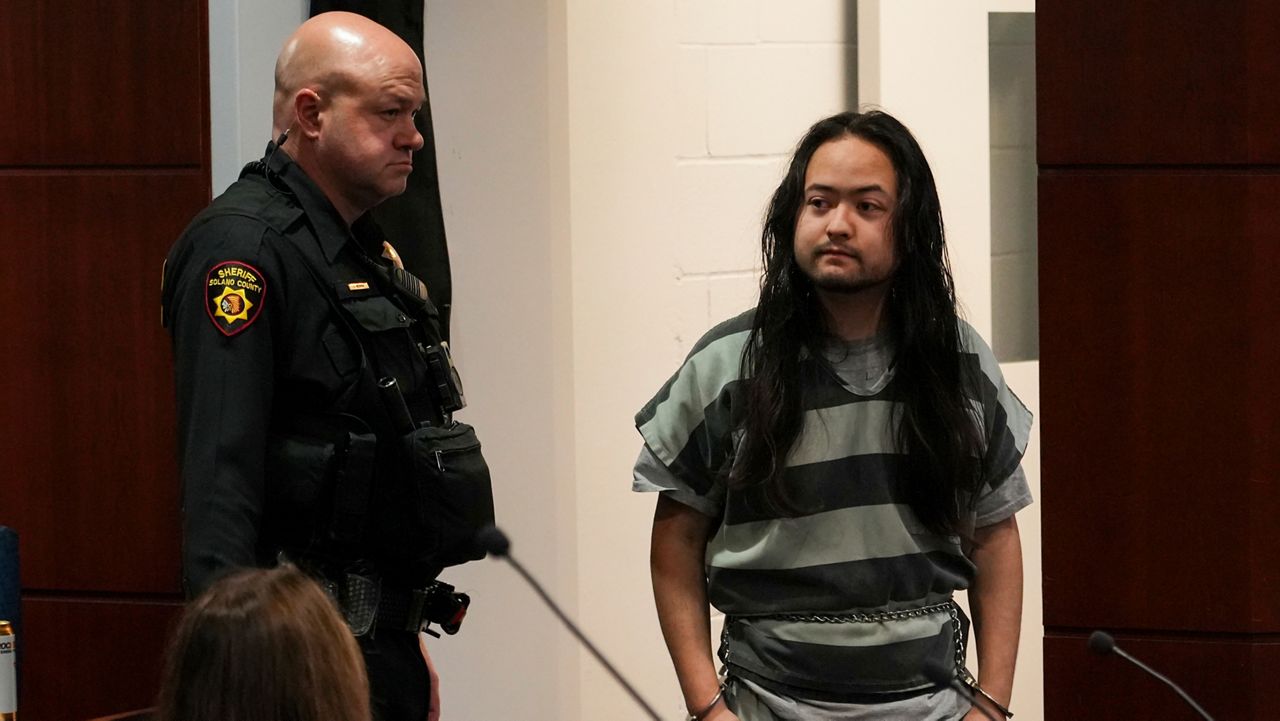RALEIGH, N.C. — Jessica Smith’s life may look picture-perfect, but it’s anything but.
“Everyone has this misconception of what a survivor looks like, or they have this idea in their head, and it’s always something different, but when they see somebody who looks like them or who could be their sister or could be whoever, their friend… and they kind of think ‘oh, this could happen to me, this could happen to somebody I know,’” she says.
Smith’s a domestic violence survivor, one of many who have walked through the doors of Interact’s office in Raleigh, a non-profit helping survivors, and victims rebuild their lives and secure safer futures.
“I think it’s important to let people know, not just where I ended up but how I got here. I think it’s something we need to talk about so that we can hopefully change the narrative and change the conversations around relationships and what they look like,” says Smith.
Smith had her first child at 19, but after eight years, she came to realize the relationship she was in wasn’t the best fit — her partner didn’t take it well.
“We got into an argument, and he held me down in our bed and strangled me until I lost consciousness,” Smith says.
Her scars are mostly on the inside now, but on that day, Smith went to the hospital with a broken jaw, three broken teeth, and eight stitches in her chin.
“There was no hiding it anymore; there was no normalizing that. There was no way I could convince myself or anyone else that was okay,” she says.
After picking her boys up from daycare, there was no turning back.
“The looks on their faces when they saw me were mixtures of relief because I’m pretty sure they thought I was dead… and shame. And I just knew I never wanted them to look at me like that ever again,” Smith says.
Today, Smith’s boys are teenagers, and she’s now married with a 2-year-old daughter named Jamison.
Smith questions if she’d have a fighting chance of surviving her relationship during the pandemic.
“When either he was at work, or I was at work, was kind of the only times I could even live somewhat of a normal life. There were times I did a lot of Googling. I was on Interact’s website, and I knew it was safe for me to be on there cause he didn’t have access to their computers,” Smith says.
Recent data shows domestic violence has increased by more than 8% nationwide, according to the National Commission on COVID-19 and Criminal Justice. The study cites pandemic lockdowns as intensifying that abuse by cutting victims off to essential resources.
Smith may be making new memories, but her past is a part of who she is.
Now, she wants her kids to learn from it.
“Love is not controlling or manipulative or criticizing. I want them to know you can experience really hard things, and it’s what you do with it after that matters, and also I never want them to endure anything that I did, and I’m hoping because of my experience they never have to,” she says.
If you or a loved one are experiencing domestic abuse, there are resources available.
You can call the National Domestic Violence Hotline at 1–800–799–7233 (SAFE).
Click here to be connected to Interact’s website.
The organization’s crisis line is 919–828–7740.








